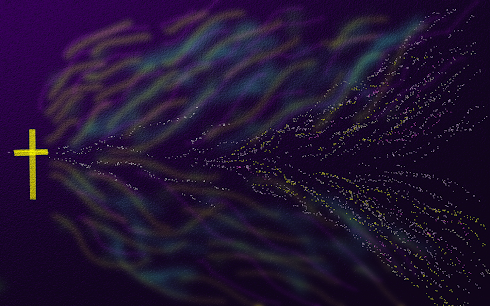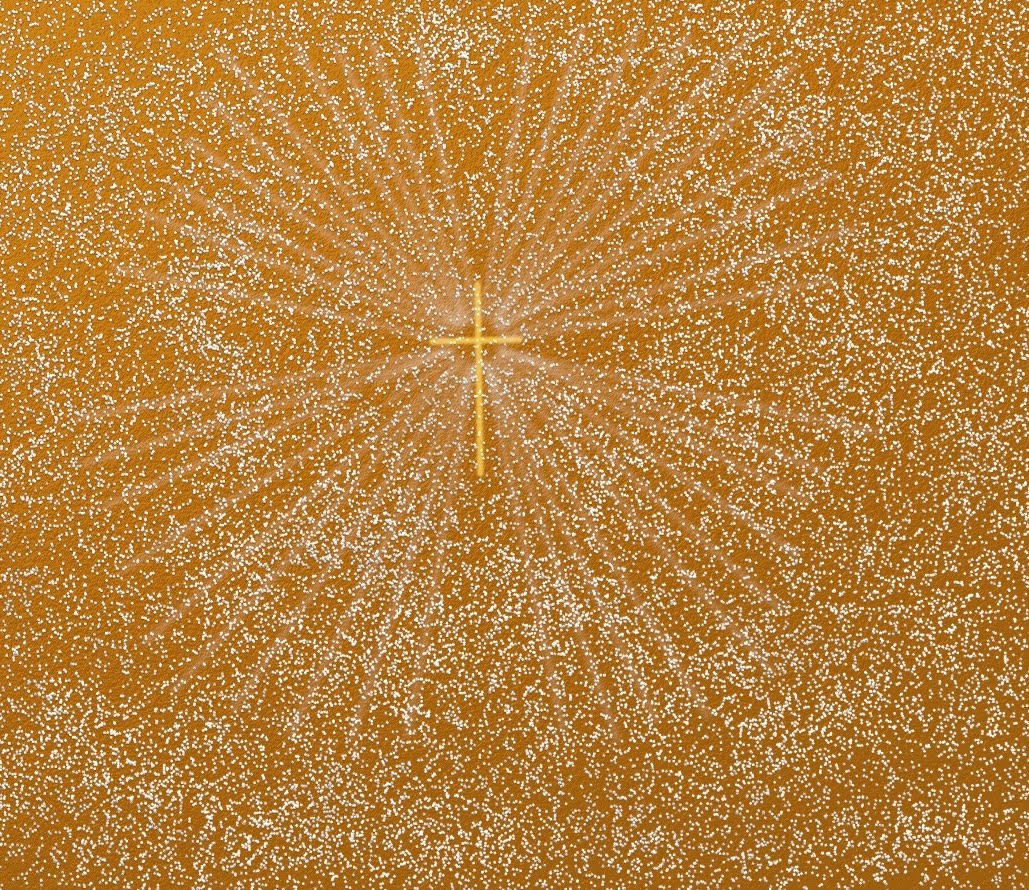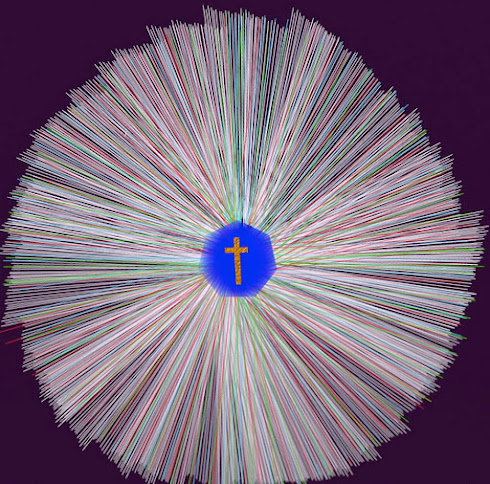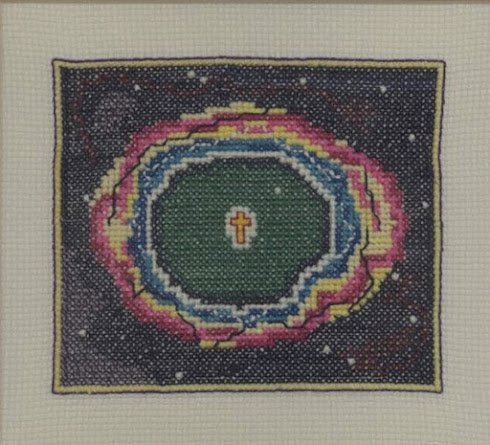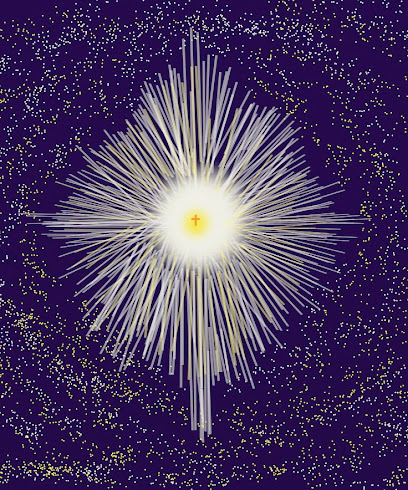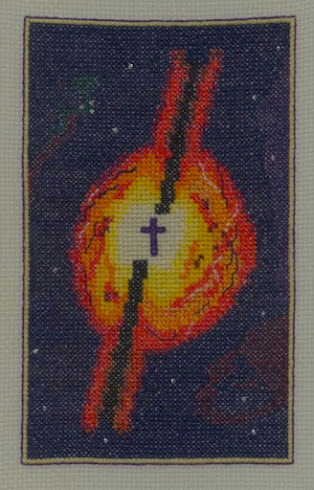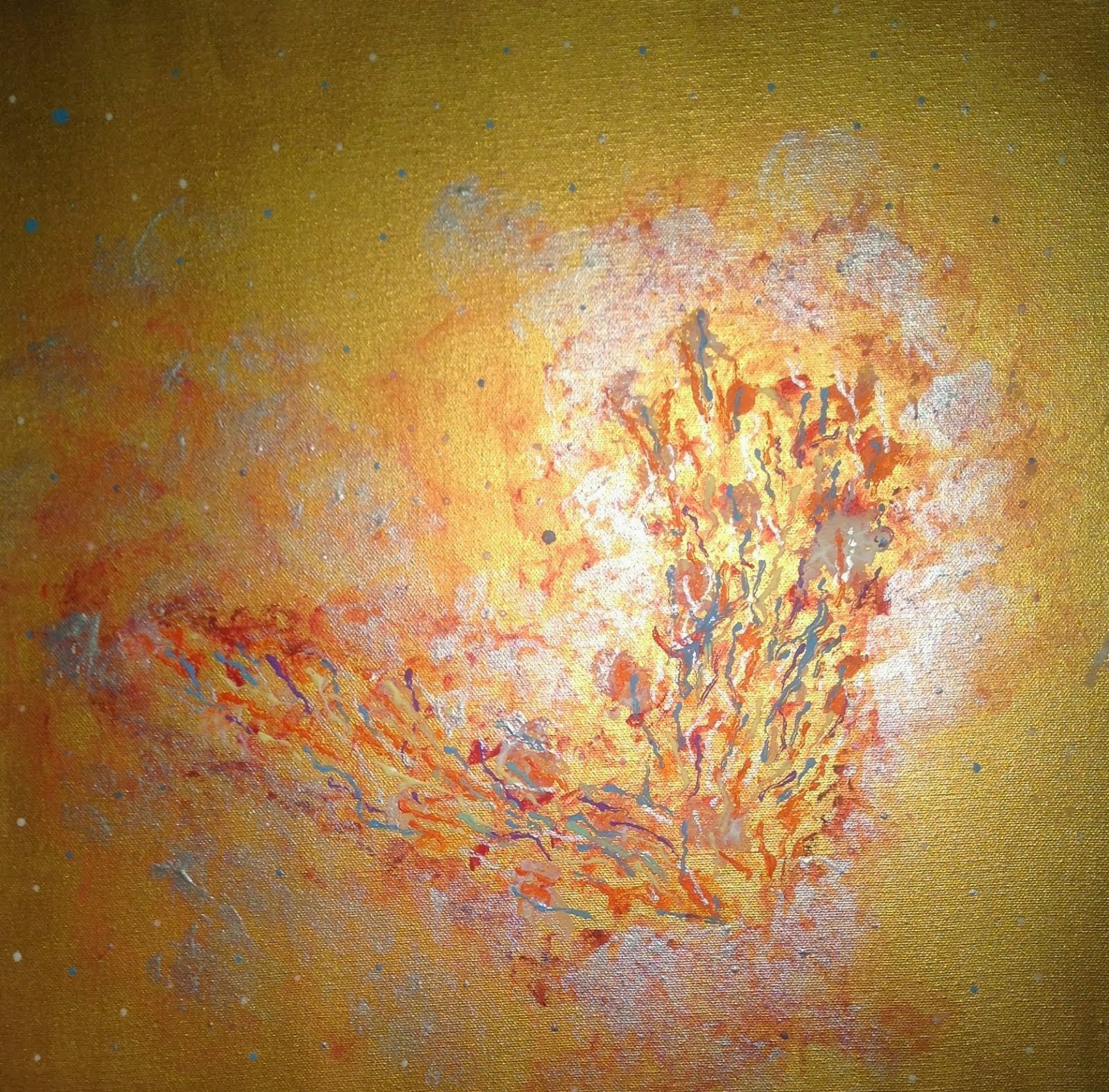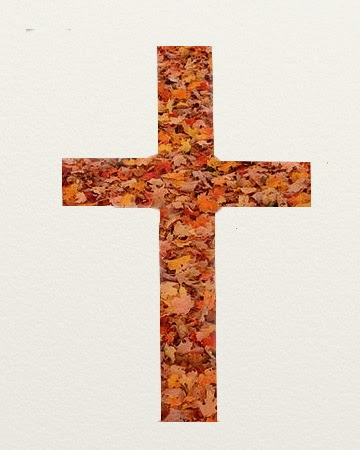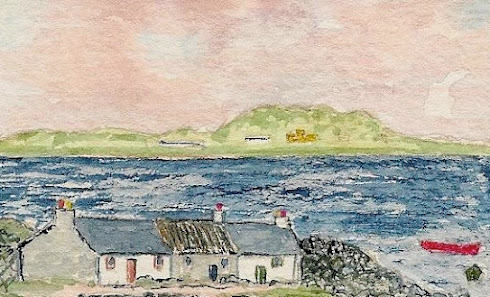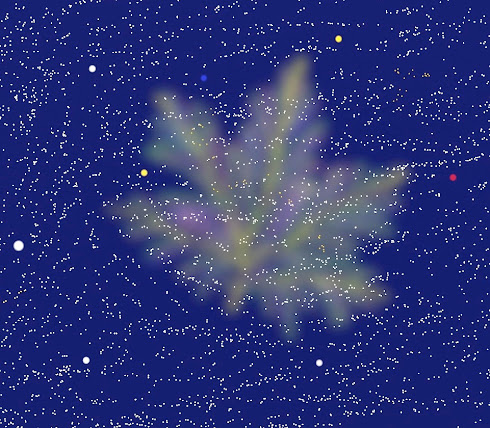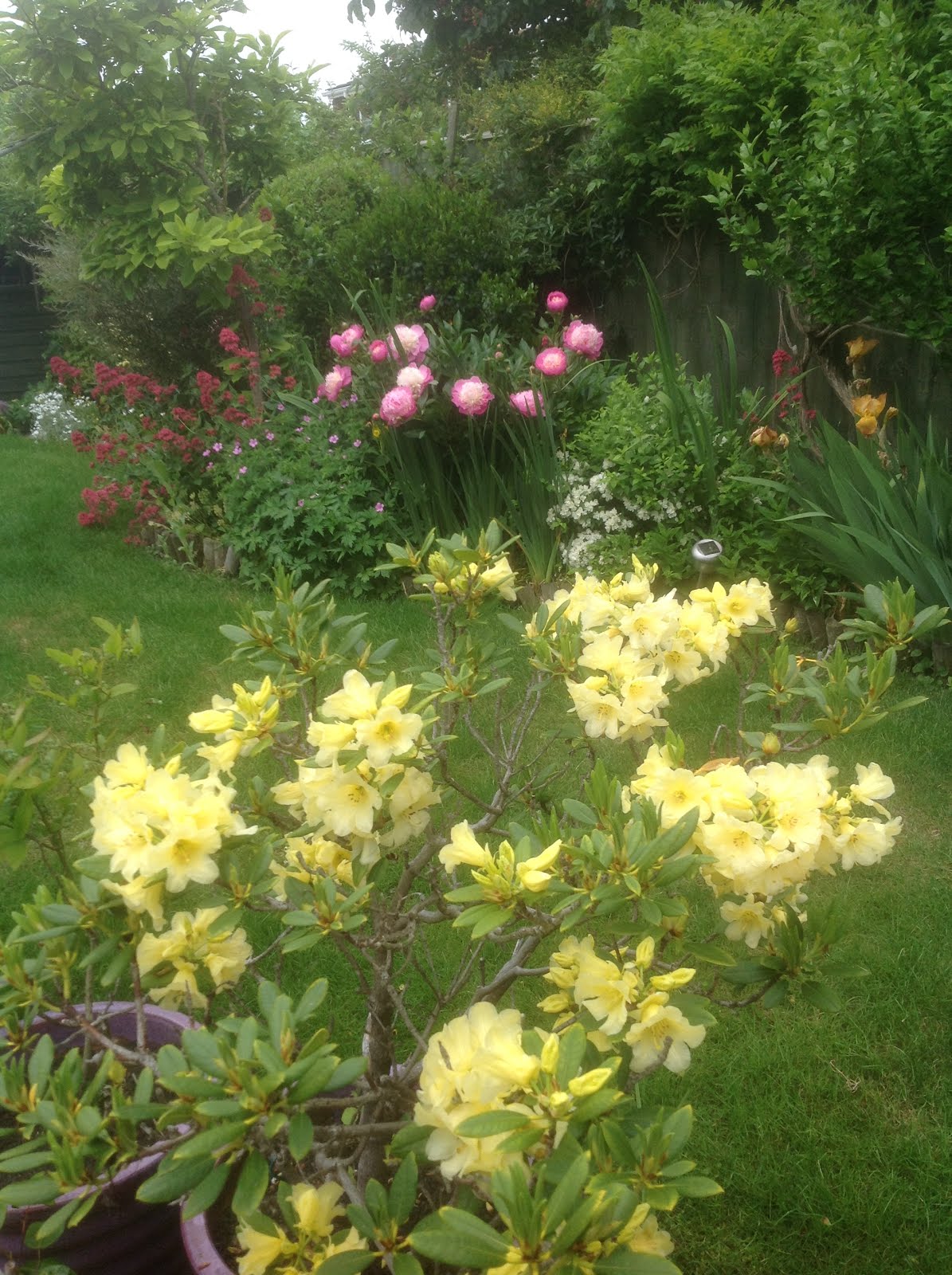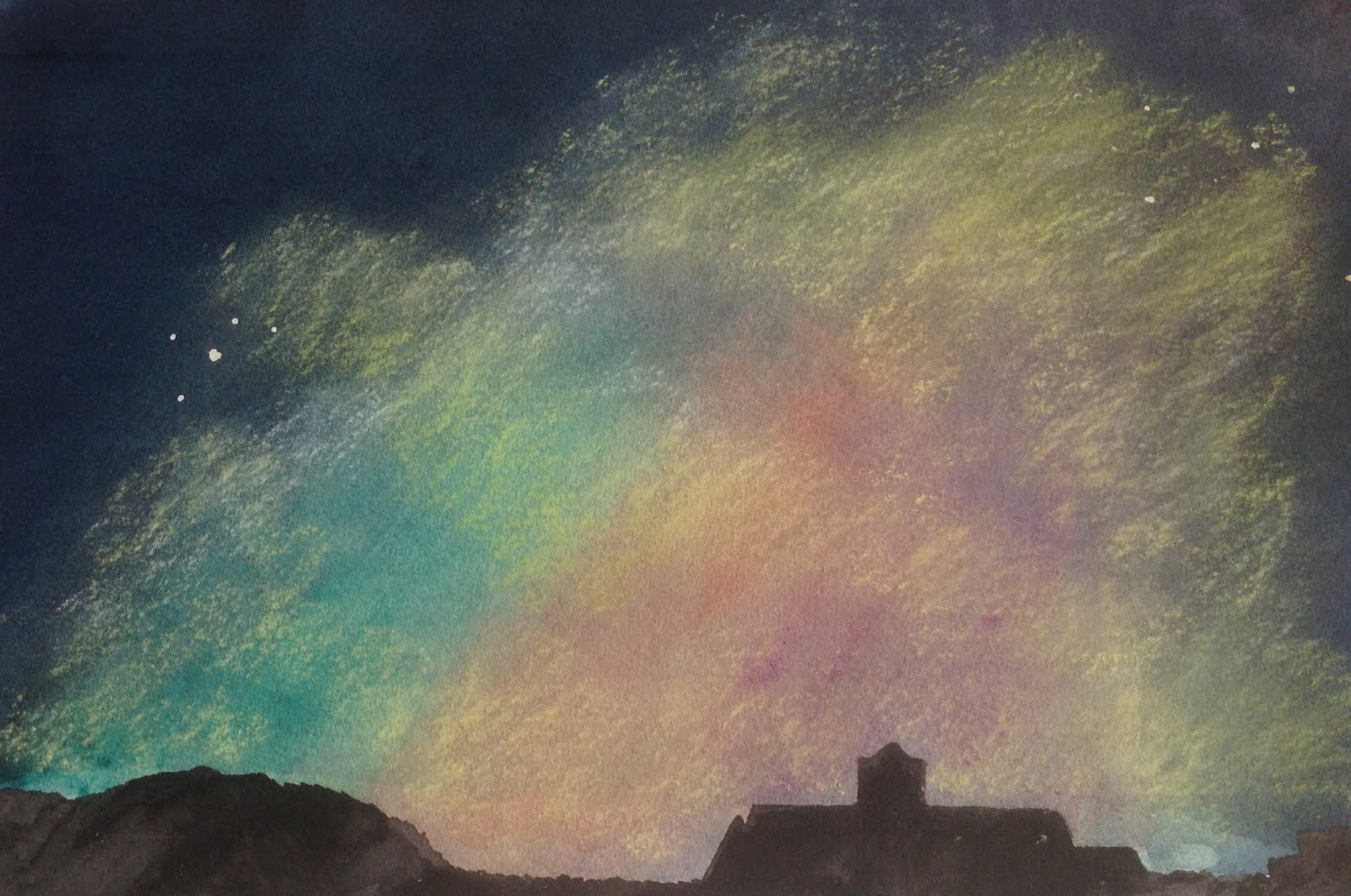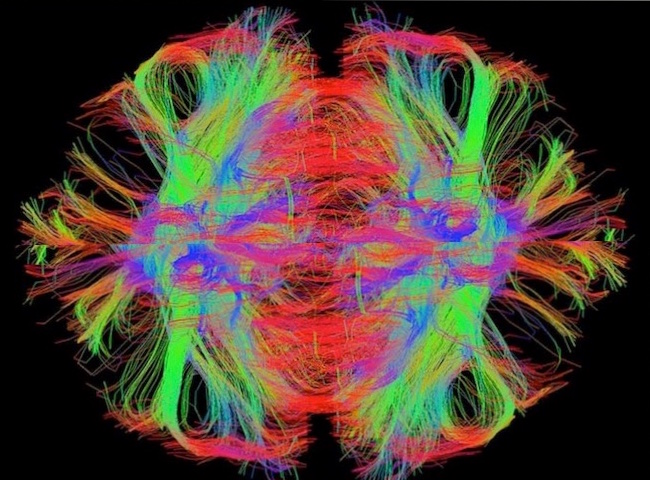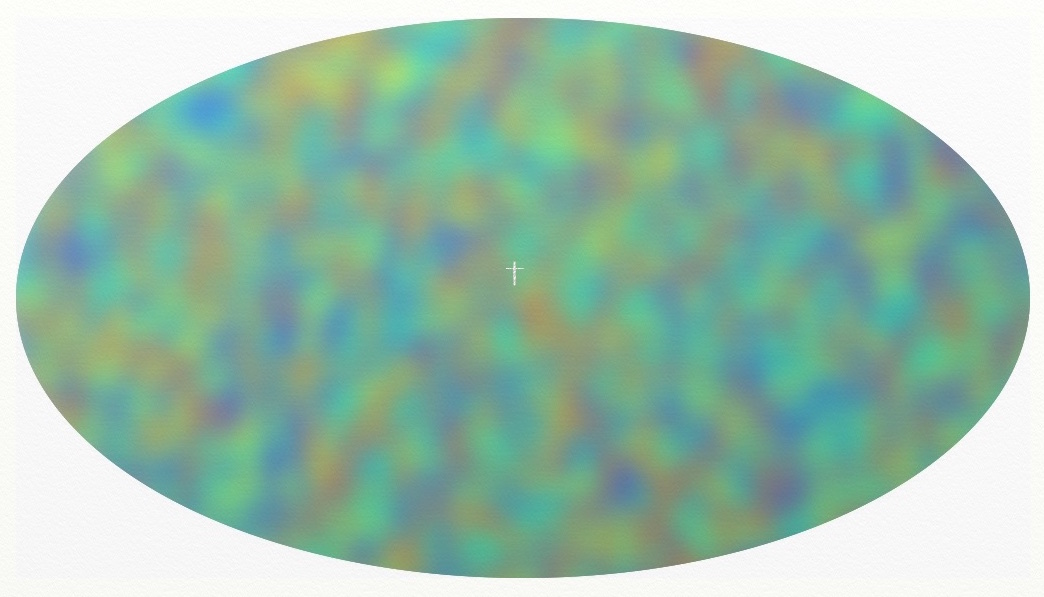Photo credit: Ray Collier’s
Wildlife in the North: Wilderness Cottages.
A flurry of long-tailed titmice
appears, apparently from nowhere.
For fifty precious seconds
they gossip in their exquisite soprano,
between frantic nibbles of the fat slab
we have hung outside the kitchen window
to attract such beautiful visitors.
At least they are guests
we can have in lockdown!
Their wonderful bodies and deft aerobatics
turn the routine of washing-up
into an atypically stretched-out delight.
Alas they take flight
just as suddenly as they arrived;
and I am left in the forlorn hope
they will quickly return.
But they are away to find comfort for the night
in a gathering one hundred times the size
of our brief visitors’ ‘bubble’.
There they will snuggle together to derive
communal warmth to protect them
from the icy winter blasts
that rip across the fens.
I give thanks to our Creator
that these flying tots
have evolved
a practice that reminds us,
community can make the difference
between death and life.
Trevor Thorn: January 2021.
This is one of those poems that built itself up over time, then came to fruition during the winter lockdown in January 2021 in the UK.
Our bird feeders have never had any serious attention, other than in the early weeks of us being given the set of 4 when we enjoyed their novelty value. Then, pre-covid ‘normality’ took over and we were in and out of the house to meetings or visiting places of interest and the feeders got neither filling or viewing attention.
With Covid tying us to the house and winter approaching, we filled all of the feeders and began to watch from both the kitchen window behind the sink and from one of the chairs in our dining room. We were delighted as, little by little, visits built up: blue tits, a great tit, a coal tit, robin, numerous sparrows all came regularly, together with a collared dove and a sizeable pigeon hoovering up whatever was dropped by the smaller birds. Occasional visits by Goldfinch were moments of excitement but the highlights were when a ‘flurry’ of long-tailed tits passed through. However, I would not have had any further understanding of the habits of that breed of tiny birds, had it not been for two separate but unexpected pre-covid events a couple of months apart.
We had enjoyed an Italian meal in the early evening and came out of the restaurant into the dark to hear a clamour of small birds in one single tree of several in a Cambridge (UK) pedestrian square. A vivid spotlight shone into the ‘interior’ of the tree’s branches, and above the outline of the tree we could see small birds rising and then settling back into the tree. They looked like long-tailed tits, they sounded like the long-tailed tits which we see from time to time from the nearby river bank, but it was too dark to be sure. The incident made us do just a little reading about the habits of these delightful small birds and sure enough this behaviour is characteristic of the breed. They gather in large numbers to roost where there is shelter and if possible, some warmth, and they cluster together lining themselves up along a branch where they can literally huddle wing to wing. Apparently, they then shuffle around so that the birds on the inside of the cluster move to the end during the night, so no individual bird has to bear the full rigour of a long, cold night. Amazing!.
As if that was not enough, a short time later, we were in a supermarket car park and saw exactly the same phenomenon in a brightly lit tree just outside the main entrance/ exit of the store. The high-pitched calls of the birds attracted nearly everyone as they left the store and I have to admit to enjoying displaying our recently acquired knowledge to a few of the watchers.
Then came the lockdown restrictions and little by little the ideas for the poem, like the birds, gathered. I’m not sure if there is a proper collective noun for a passing group of long-tailed tits, but ‘a flurry’ feels so descriptive and I am thankful for the way all these ideas coalesced. God is Good!
Another short prayer poem in similar vein can be found HERE


